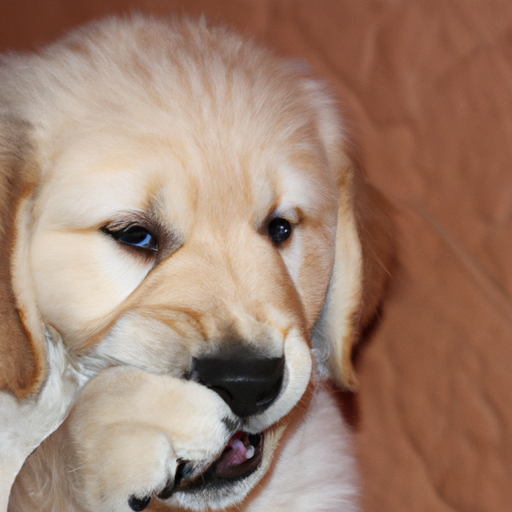As a caregiver, understanding the process of your puppy losing its teeth is key to ensuring their overall health and well-being. In this guide, we’ll explain how, when, and why puppy teeth fall out.
1. Understanding Puppy Teeth
Puppy teeth, also known as deciduous teeth, start to emerge when your puppy is about 3 to 4 weeks old.
- Incisors: These are the small teeth at the front of the mouth, used for nibbling and grooming.
- Canines: These are the sharp, pointed teeth on either side of the incisors, used for tearing.
- Premolars and Molars: These are the larger teeth at the back of the mouth, used for grinding food.
2. Teething Timeline
Puppies typically start losing their baby teeth around 12 to 16 weeks of age. This process usually ends by six to seven months of age when all the permanent teeth have erupted. Here is a rough timeline:
| Age | Teeth |
|---|---|
| 3-4 weeks | Puppy teeth emerge |
| 12-16 weeks | Puppy teeth start to fall out |
| 6-7 months | All permanent teeth have erupted |
3. Signs of Teething
During the teething phase, you might notice your puppy:
- Chewing more than usual
- Drooling excessively
- Showing reduced appetite
- Having reddened and swollen gums
4. How to Help Your Teething Puppy
As your puppy’s caregiver, you can help ease their discomfort during this period.
- Provide chew toys: Chew toys help soothe the puppy’s gums and also promote healthy teeth.
- Feed soft foods: If your puppy shows reduced appetite due to sore gums, consider feeding them soft foods.
- Consult your vet: If the discomfort seems severe, consult your vet. They may recommend safe pain relief options.
5. Potential Dental Problems
Although losing puppy teeth is a natural process, there can be complications. Watch out for the following:
- Retained baby teeth: Sometimes, a puppy tooth doesn’t fall out, causing the adult tooth to grow in incorrectly. This requires veterinary attention.
- Broken teeth: Puppies can break their teeth by chewing on hard objects.
6. Dental Care for Puppies
Just like in humans, oral hygiene is crucial for puppies. Here are some tips:
- Start early: Familiarize your puppy with tooth brushing while they are still young.
- Use dog-friendly toothpaste: Human toothpaste can upset your puppy’s stomach.
- Schedule regular vet check-ups: Your vet will be able to spot any potential dental problems early.
7. Long-Term Dental Health
Maintaining your puppy’s dental health is a long-term commitment. Ensure you follow a regular dental care routine and provide a balanced diet for your puppy.
8. Frequently Asked Questions
Q: When do puppies start losing their teeth?
A: Puppies typically start losing their teeth around 12 to 16 weeks of age.
Q: How many teeth do puppies have?
A: Puppies have 28 deciduous or baby teeth.
Q: How can I help my teething puppy?
A: You can provide chew toys, feed soft foods, and consult your vet for safe pain relief options.
Q: What are some potential dental problems in puppies?
A: Potential dental problems in puppies include retained baby teeth and broken teeth.
In conclusion, as a caregiver, your role is pivotal in ensuring the smooth transition of your puppy from their deciduous teeth to their permanent ones. Understanding the process, knowing what to expect, and being prepared can make this phase much easier for both you and your puppy.



